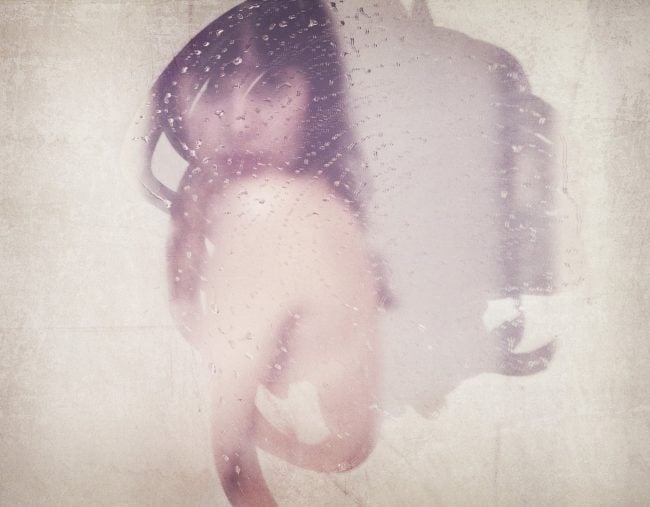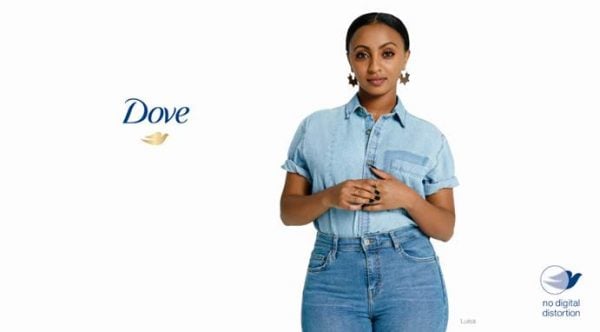
Do you remember the first time you had negative thoughts about your body?
I do. I was in my mid teens and I’d just gotten out of the bath. I frowned into the mirror while using my hands to smooth down the fleshy parts of my hips that, in my mind, stuck out too much and were not what I’d seen on women in magazines and on TV.
20 years and a lot of self acceptance later I’ve learned to like my ‘violin hips‘ (yep, that’s an actual term), but can still vividly recall my teen years and well into my 20s being plagued by feelings of physical inadequacy.
At 36 I still have a complex relationship with my body.
I’m not alone. The 2017 Dove Global Girls Beauty and Confidence Report (the first of its kind to examine the impact of body-esteem, pressures and confidence among girls), uncovered some pretty alarming stats.
The study revealed that low body-esteem is a critical issue in Australia, with half of all girls saying they don’t have high body-esteem. Sadly, when girls in Australia feel that way they opt out of important life activities and may never reach their full potential.
8 in 10 girls with low body-esteem will avoid situations like engaging with friends and family, participating in activities outside of the house, or trying out for a team or club. This is not only detrimental to the girls themselves but society also misses out on the next generation of future female leaders.
The Dove Self-Esteem Project launched in 2004 and helps the women of tomorrow develop a positive relationship with the way they look through a collection of resources available to teachers, parents or girls themselves.


Top Comments
I’ve never had a body positive moment, I’ve never felt comfortable in my skin. I live in hope that one day I might.
I do too. I was 11 and writing in my diary and actually drew a diagram of my thighs and how I wanted them to slim down so that they didn't rub at the top. I was in no way over weight, this was just my body shape, but I didn't realise that. Given I am in my late 30s, this was well before social media and the concept of the thigh gap was so popular. I can't imagine how I would have fared in a world with social media.
For me it was my thighs too. I was in year 9 or 10 when I found myself standing in front of a full-length mirror in the change room before a PE class, wearing the compulsory PE skirt. It dawned on me that my legs were not the skinny pins I saw on girls in magazines. For the next 10 or so years, I never ever wore shorts in public.